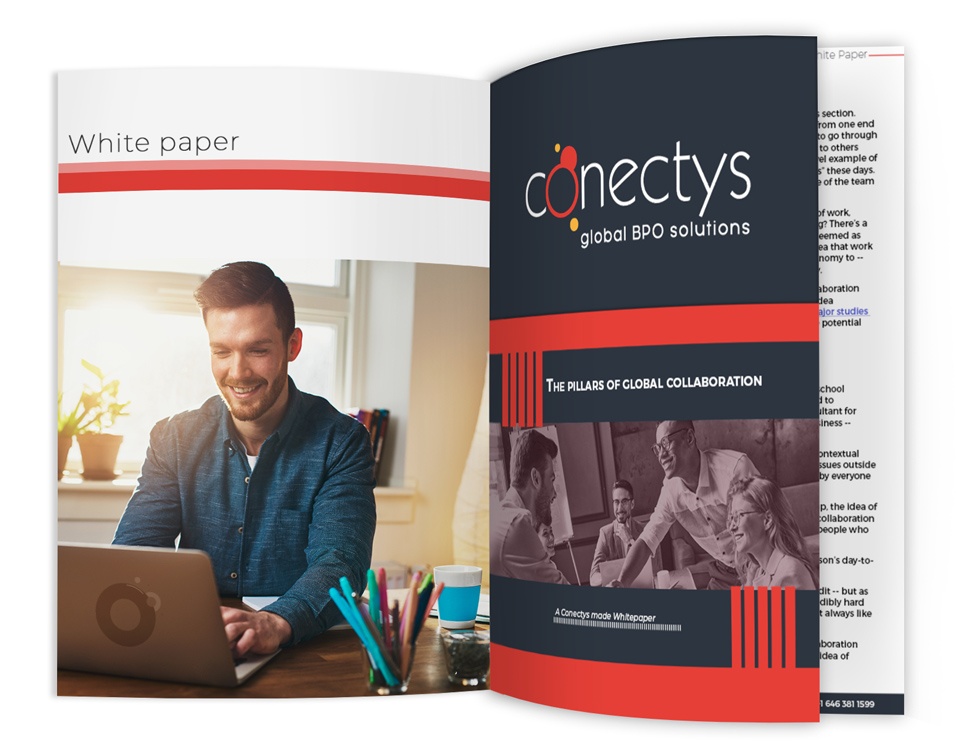What constitutes a good global collaboration?
Google and the Future Foundation combined on a study about the future of work, surveying HR and business leaders from multiple countries. One key finding? There’s a .81 correlation between organizations that collaborate and organizations deemed as “innovative” in their field. This is extremely important within the broader idea that work has evolved over 100 years from a strict labor economy to a knowledge economy to — perhaps one level beyond “knowledge” — an innovation and ideas economy.
But collaboration often fails, between co-workers or between partners and clients.
And in some ways, that makes perfect sense. Collaboration is hard. Bringing together people from different contextual areas to solve problems means that each person is going to encounter issues outside of their specific expertise area, leading to ambiguity being experienced by everyone at some level. That isn’t always comfortable for people. “Collaborative efforts” often take place on top of a person’s day-to-day responsibilities, which can flummox some.
And because almost every business these days is global in some context, there are a host of challenges. That means cross-cultural communication, language nuance, tone, time zones, approach to business (Germany, Japan, and the USA are all very different, for example), and more.
But collaboration is crucial — and it can be achieved.
It comes down to a few core tenets:
- Teamwork
- Trust
- Integrity
- Transparency
- Buy-in
- Honesty
- Psychological safety
We broke these down further into:
- Co-creation and co-strategizing
- Trust
- Alignment and execution
This white paper covers effective approaches to global collaboration regardless of context (employees, clients, etc.)
